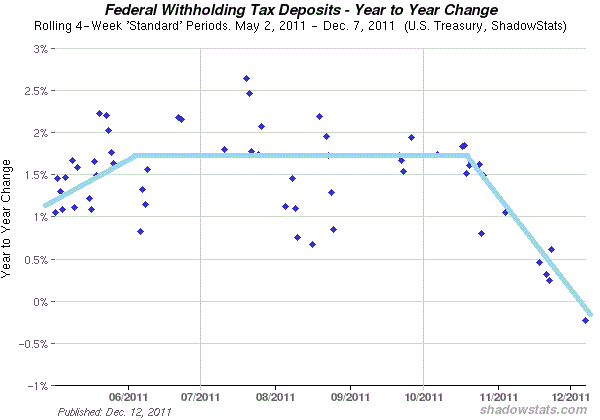Re: John Hussman Recession Call
can savers and debtors be separated? If you own a money market fund, guess what it is stuffed with?
IOUs from debtors. Their debt is your money. Crash the bond market, and your money market fund,
bond fund, pension fund goes kablooey too.
can savers and debtors be separated? If you own a money market fund, guess what it is stuffed with?
IOUs from debtors. Their debt is your money. Crash the bond market, and your money market fund,
bond fund, pension fund goes kablooey too.


Comment